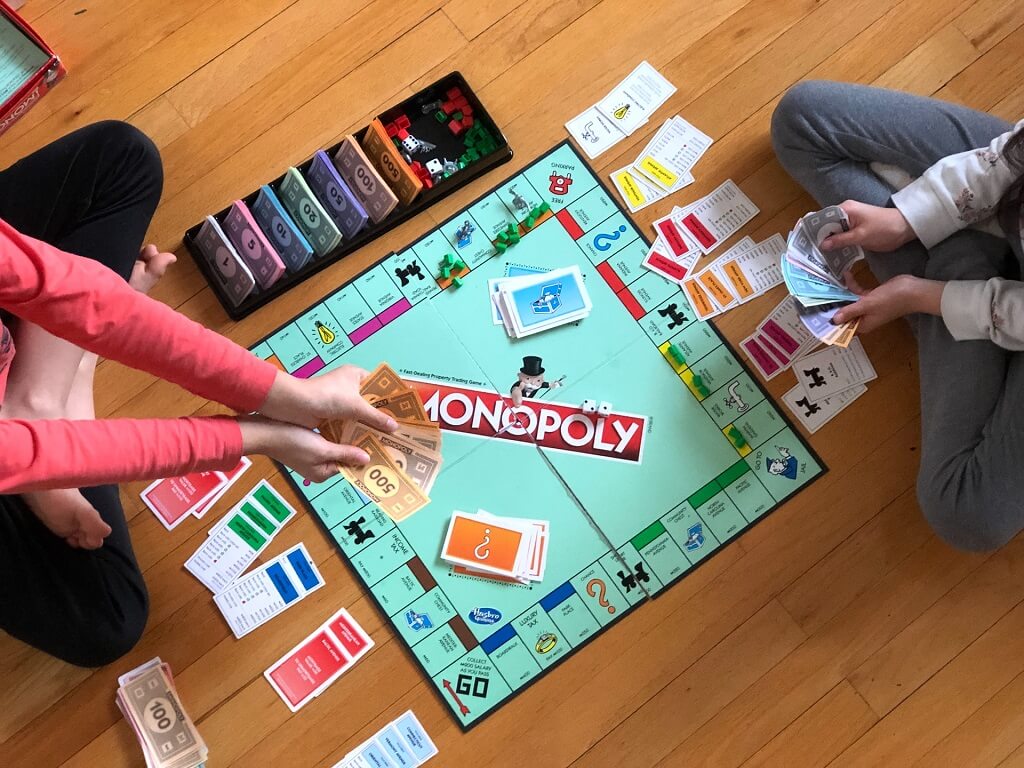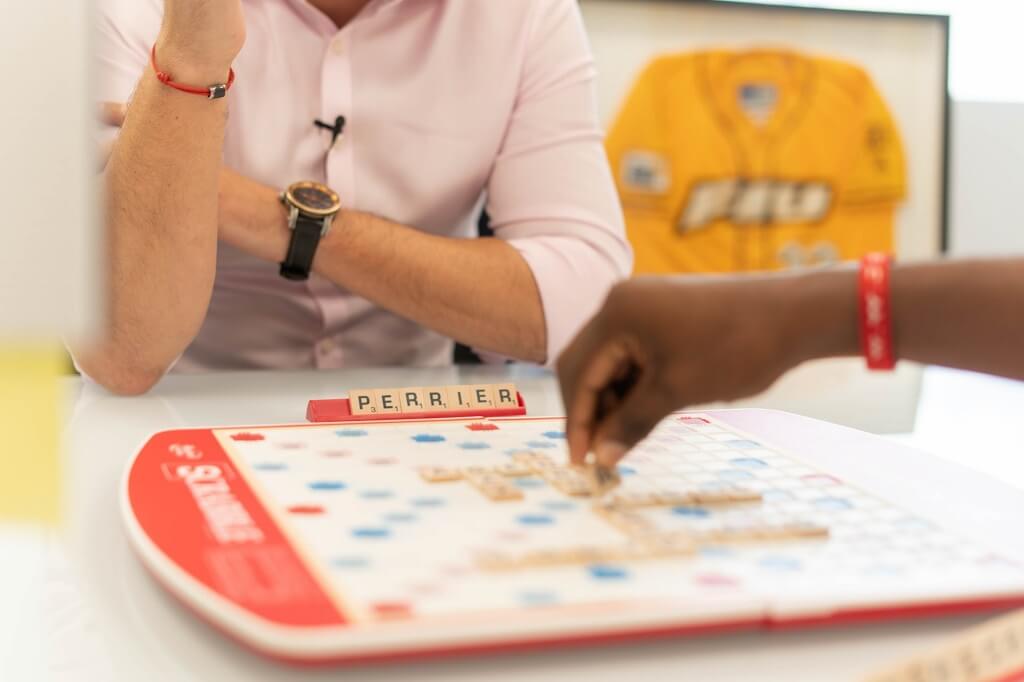Board games are a time-tested, interactive way to have fun with your friends and family. They’re inexpensive and easy to store, they don’t require any power, and they get you off the couch all.
Through board games, adults and children can learn and practice skills that will last a lifetime. Here are 10 benefits of playing board games.
Table of Contents
1. Family Bonding
Board games give you and your family an excellent way to bond together. Most custom board games require at least two or more people, which means your family will be spending a lot of quality time together as they play and laugh their way to victory. The younger ones will be getting some valuable lessons in family skills and interactions at an early age.
2. Physical Activity
Playing board games burns up calories, you can get to exercise while having a great time with your family. You can do so many different activities while playing board games such as custom card games, puzzle or word games, or even a deck of cards.
3. Brain Health
Playing board games keeps your brain active and alert. When you’re playing a game, you’re constantly thinking about how you can win against your opponent, what cards to play, or how much damage your opponents have done to you. In addition, board games are great for encouraging brain development and learning skills such as critical thinking and problem-solving. You will also be creative, mentally stimulating, and mentally agile while playing board games.

4. Social Development
By playing board games, you will be able to develop plenty of social skills including teamwork, compromise, communication, empathy, and compassion. You will also have the opportunity to bond with your loved ones while playing a game together as well. Additionally, your family members will be able to interact with each other in a fun way even though they might be of different ages and have different interests.
5. Follow Rules
Board games will teach you to follow the rules and obey authority, whether it’s at home or in your workplace. If you play a lot of games, you will not only become accustomed to following certain rules but also understand the purpose behind each rule and the reasons why it is necessary. By doing this, you will be able to follow rules without asking for explanations. Also, board games will teach you to follow orders from anyone you might be working under in the future.
6. Manage Boundaries
By playing board games you will learn how to manage your own needs and keep yourself disciplined in your actions. Board games are a great way to develop both self-control and self-discipline throughout the entire family. You will learn how to ignore temporary pleasures to achieve long-term goals and how to deal with the emotions you feel after playing a game. Managing boundaries is an important life skill that you need to learn at a young age.
7. Plan Ahead
Playing board games enables you to hone your strategic thinking and plan-making skills. As you play the game, you’ll have to think about your moves and how they will affect your opponents. This is similar to problem-solving in the real world, and it can help you be more prepared for challenges that may arise unexpectedly. You will always have to be prepared for any changes and contingencies that may occur throughout the game, so you’ll have to keep an open mind and think outside of the box.

8. Enhances Imagination
Board games encourage children to use their imagination and to be creative when they play. This can foster a love for reading, art, writing, and even math as children play with numbers and other mathematical concepts related to the game. Board games are also a good way for children to imagine how to work with others to achieve their goals.
9. Improve Focus & Concentration
In addition, board games are excellent for increasing concentration and focus because players are forced to constantly think ahead and consider their actions. This can help children develop better academic skills such as learning how to pay attention in class or a writing assignment.
10. Cognitive Learning
Playing board games involves several different skills that are critical for intellectual development. You’ll be developing your memory, hand-eye coordination, problem-solving abilities, and creative thinking while playing games. When you play board games and use your brain to its full capacity, you’ll be building and strengthening neural pathways in your brain. This helps you to improve cognitive functions such as attention and memory which can lead you to do better on tests or even complete better projects at work.
Conclusion
The benefits of playing board games are endless, these 10 benefits of playing board games may be enough to convince you to start playing board games with your family. Board games can be the best option for increasing health, learning, and self-discipline in your children, and also a great option for maintaining a healthy social life.




